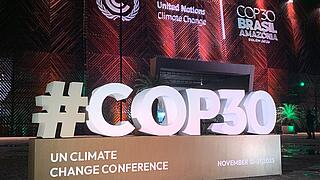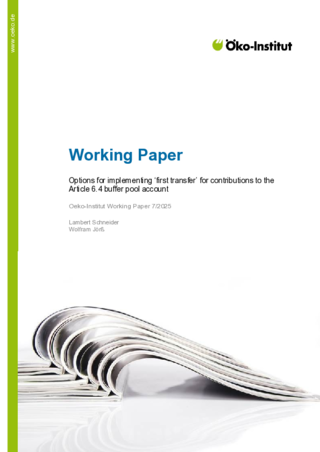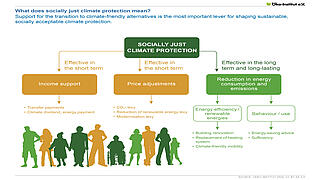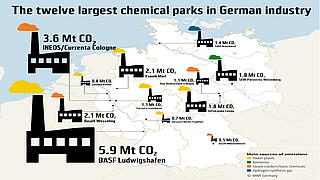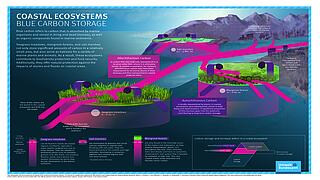Agriculture is the basis of our food supply. Roughly half of Germany’s land area is used for farming. Agricultural production is dependent on natural processes and is therefore particularly vulnerable to climate change, but it also contributes to global warming: the agricultural sector emitted approximately 70 million tonnes of greenhouse gases in 2018 – around 8% of Germany's total emissions. Roughly half of the emissions come from livestock husbandry, and just over one third come from excessive nitrogen fertiliser use in arable farming. The remaining 15% come from fuel consumption by farm machinery, fermentation of energy crops and use of other fertilisers.
For agriculture to become sustainable so that it protects the soil, water, the climate and biodiversity, more responsible production methods are required, along with consumption patterns that are mindful of the environment and climate. Scientists at the Oeko-Institut share their expertise in order to develop instruments that contribute to the development of a sustainable agricultural sector. Some of these instruments focus on the political level in Germany and the EU, while others address consumer behaviour.

